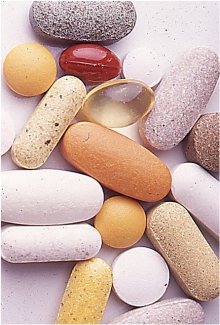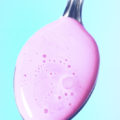
Modern medicine is based on what is considered the strongest possible evidence: the placebo-controlled trial. But placebos vary widely in their formulation and a paper published in the Annals of Internal Medicine calls into question the lack of any kind of standard in placebo formulation and also the appropriateness of drug companies providing their own placebos for trials.
Placebo-controlled trials work by comparing two groups of people whose only difference is whether or not they are taking the drug. Both groups should think they are on the drug – to protect against effects of factors like expectation – so study participants are allocated to the drug or a placebo – a pill that might be mistaken for the active drug but is supposedly inert.
But, according to the paper’s author, Beatrice Golomb, associate professor of medicine at the University of California, San Diego, this standard has a fundamental problem. “There isn’t anything actually known to be physiologically inert,” she points out. “On top of that, there are no regulations about what goes into placebos, and what is in them is often determined by the makers of the drug being studied, who have a vested interest in the outcome.”
According to Golomb, a positive or negative effect of the placebo can lead to the misleading appearance of a negative or positive effect of the drug. “And an effect in the same direction as the drug can lead a true effect of the drug to be lost. These concerns aren’t just theoretical. Where the composition has been disclosed, the ingredients of the placebo have in some instances had a likely impact on the result of the study – in either direction [obscuring a real effect, or creating a spurious one].”
Her paper analyzed just how often randomized trials published in the past two years actually disclosed the makeup of placebos. The answer is not reassuring – placebo ingredients for pills were disclosed in fewer than 10 percent of cases.
“How often study results are affected by what’s in the placebo is hard to say – because, as this study showed, most of the time we have no idea what the placebo is,” Golomb concluded.
Related:
Expensive Placebo Works Better Than Cheap One
Placebo a turn-on for women
Genetics linked to placebo response
Placebo Surgery Shows Surprising Results
Placebos Used To Effectively Treat ADHD








Comments are closed.